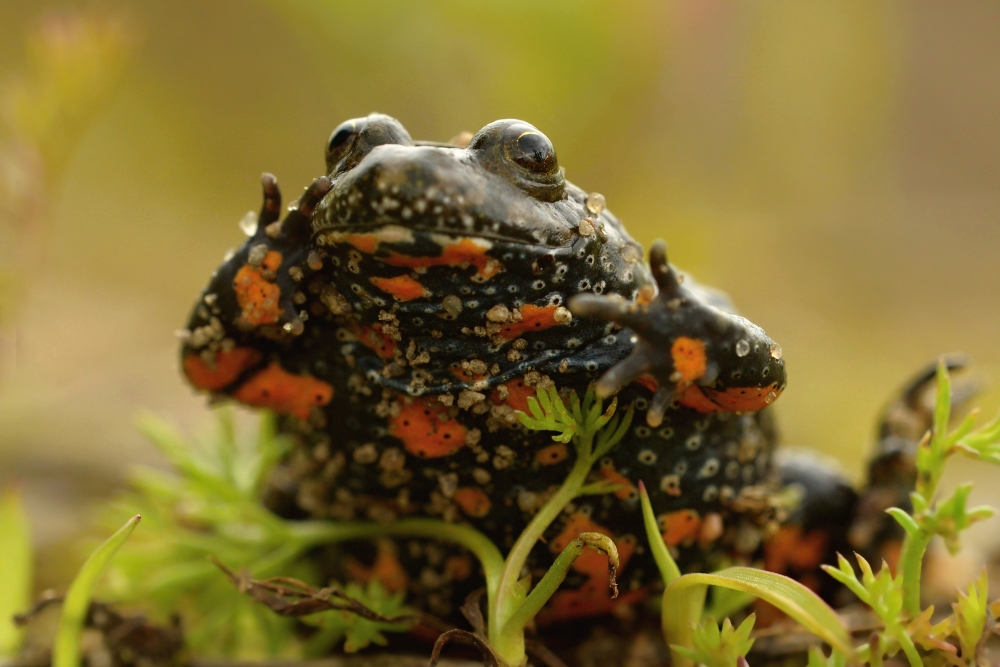The newly announced grant Call “Rondane” is part of the financial support provided to the Czech Republic under the Environment, Ecosystems and Climate Change Programme from financial mechanism of Norway Grants. Its aim is to help increase the resilience of ecosystems and promote biodiversity in the landscape.
“The Rondane Call is conceived as a supplement to other subsidy titles in the field of nature protection financed from national and European sources, especially to the Operational Programme Environment. The support is therefore targeted at small-scale projects, outside specially protected areas, where financial support is still insufficient. At the same time, all implemented measures must be based on relevant national or regional documents setting out the approach to nature and landscape protection,”explains Petr Valdman, Director of the State Environmental Fund of the Czech Republic.
Funds from the Norway grants can be used to protect endangered natural habitats, for example to restore wetlands and increase water retention in the landscape, to plant native tree species or to protect against invasive plant species. The second area of support is the protection of endangered plant and animal species listed on the so-called red lists. This protection will be provided by the protection of their natural habitats. It will be possible to obtain a contribution for the creation of the nesting sites for endangered species, for the care of old orchards, important old trees or stone drifts, as well as for modifications of woody plants, restoration of open sands or, for example, for the removal of animal migration barriers.
“In order to be sure that the proposed measures are relevant in the area and in accordance with national and regional objectives in the protection of ecosystems and biodiversity, each submitted application must include an expert opinion of the Nature Conservation Agency of the Czech Republic. This opinion will include the benefits of the proposed project,“ says Petr Valdman about the new grant title.
All entities that are registered in the Czech Republic as legal entities can apply for the subsidy. Applicants can receive support from 5000 euros to 200 000 euros for one project and thus cover up to 90 percent of the total eligible expenditures.
The reception of applications for the “Rondane Call” will be opened on 14 September and closed on 30 November 2020. Applications will be accepted online via the Agenda Information System of the State Environmental Fund of the Czech Republic.
You can find more details about the Call on the website of the State Environmental Fund of the Czech Republic in the section Norway Grants – Calls.
Why Rondane?
Rondane National Park is the oldest national park in Norway. It was founded in 1962 and covers an area of 963 km2. Its landscape consists of rolling mountain peaks, deep glaciers and several mountain lakes. The beauty of the Rondane mountain landscape has inspired many Norwegian writers and playwrights. The most famous is Peer Gynt by Henrik Ibsen, part of which takes place in today’s national park. The park is home to several dozen species of mammals, more than 120 species of birds and it is also one of the last places where you can meet wild reindeer.


 Environmental Resort
Environmental Resort 